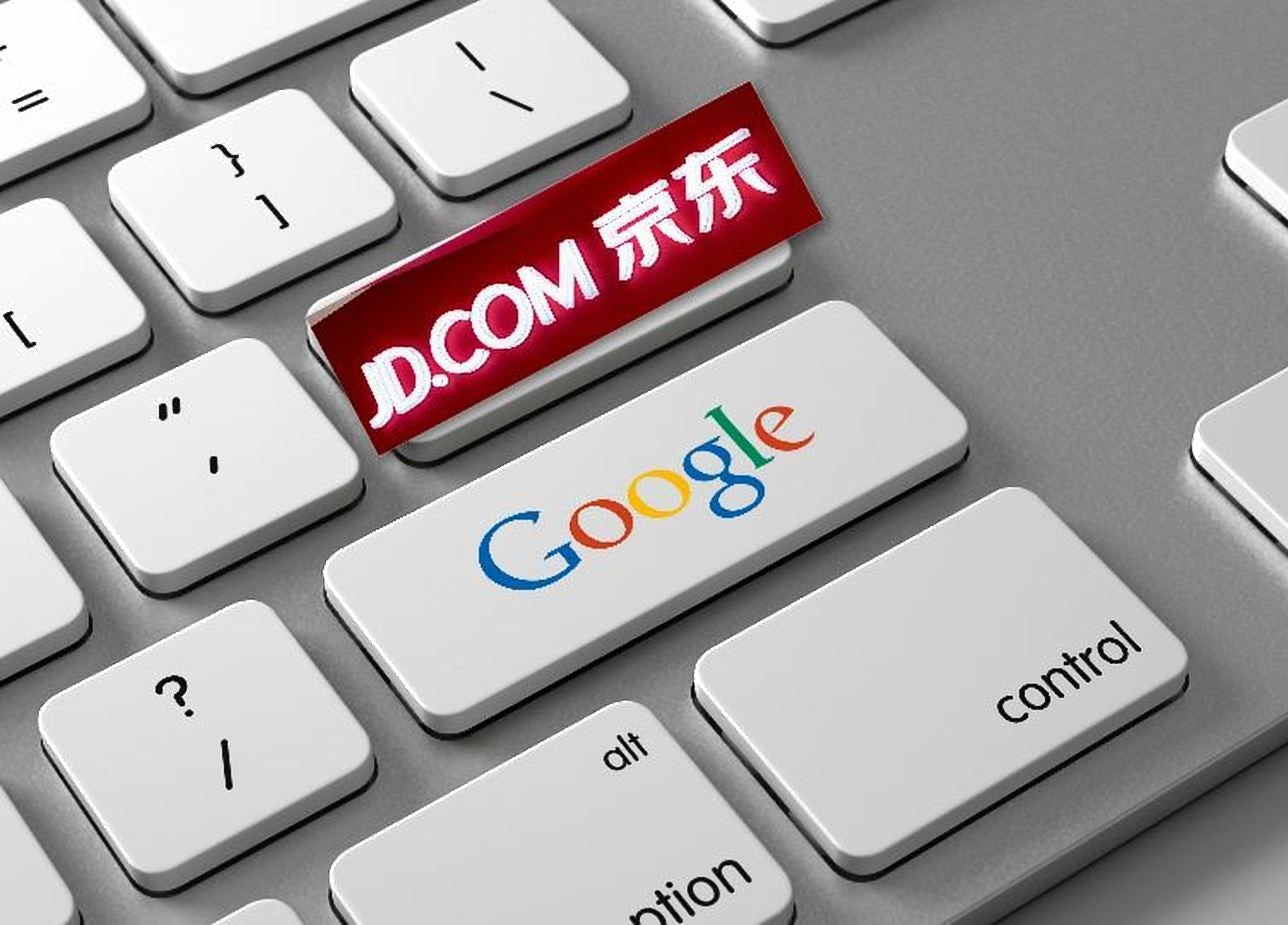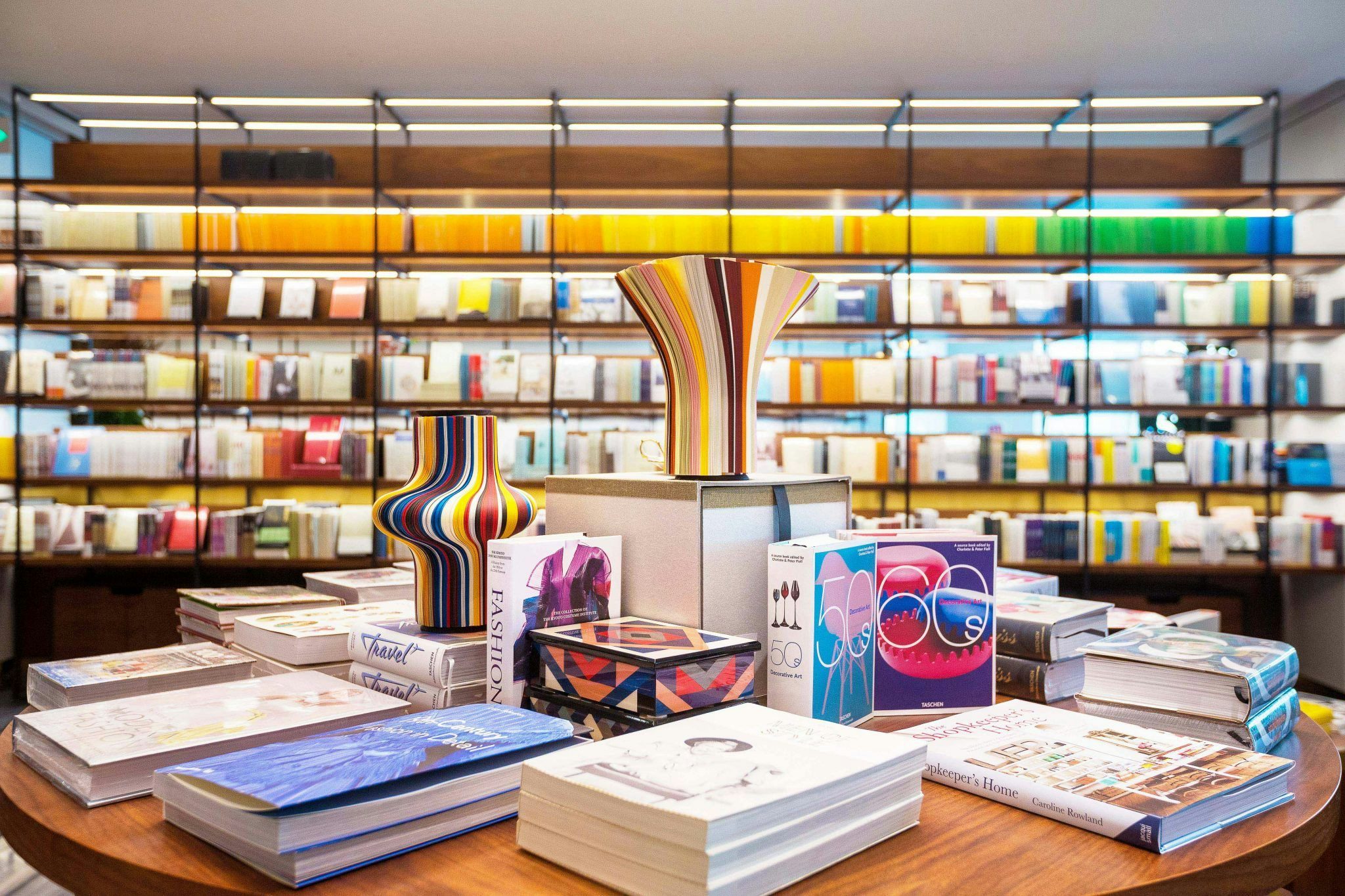At first glance, it looks like e-commerce website giant JD.com in China saw a nice boost at this year’s 618 sales. But the copycat festival, similar in nature and inspiration to Alibaba's 11/11 festival, still lagged behind its rival's numbers.
It was in 2009 Alibaba started the tradition of the E-commerce festival, Singles' Day, a shopping frenzy that honors people without spouses in China and runs for 24 hours every year on November 11. A year later, and Alibaba's key competitor JD.com created the so-called "618", a mid-year festival to celebrate the date of the company’s own inception.
From June 1-18 this year, JD.com announced its cumulative sales value reached 24.7 billion. To break down this figure, the e-commerce platform scored an average daily transaction volume of 1.37 billion during the shopping festival, twice its daily sales. However, this achievement is small fry compared to Alibaba, who sold 25.83 billion worth of goods during its Singles' Day shopping event last year.
As the two massive e-commerce platforms continue to fight each other for sales sovereignty, merchants complained about having to sign exclusive partnerships with Tmall during this year’s 618 festival. This comes after the report that JD.com recently blocked the internet services company Tencent from selling on Tmall less than 24 hours after Tencent launched an online store with rival Alibaba.
Affluent Chinese consumers have been bombarded by limited-discount sales festivals like 618 since 2009 and their effects are wearing off as the holidays grow in size and amount. Amidst this desire for new e-commerce strategies, one shopping festival known for offering heavily discounted goods online has ironically decided to serve more quality goods offline this year.
Value over price#
On JD.com’s platform, it’s clear that Chinese consumers’ relentless pursuit of quality lifestyle products acted as a key driver of sales this year. As Chinese media outlet Caijing reported recently, high-end health care products were popular items. High-end hair shampoo, imported women menstrual supplies, and cloth cleaning supplies have more than doubled in sales over last year’s festival. It was also interesting to note that Chinese millennials born in the 80s and 90s were enthusiastic about anti-aging products. Sales of such products grew 2.5 times the amount of last year’s sales, and popular search keywords on the site included “anti-wrinkle” and “anti-aging”. The top beauty brands on JD.com during 618 included L’Oreal, Chando, Olay, SK-II, and Pechoin.
Over on Tmall, “athleisure” clothes seemed to be a sweet spot for streetwear-inspired Chinese consumers. Alibaba highlighted athleisure during 618 and close to 20 million men’s shirts were sold on Tmall. The new Adidas X Pharrell Williams limited edition sneaker sold out in one minute, and the Chinese sporting goods company Li-Ning saw their 618 pre-sale merchandise sell out in one second. The platform also launched a new “try-before-you-buy” service for the festival, enabling Alibaba Super members with good credit scores to place orders without payment, try the items for seven days, and then choose to buy or return them. Participating brands included Li-Ning, Vancouver-based Lululemon, and Italy’s Miss Sixty, as well as other home-grown Chinese brands.
Offline over online#
At this year’s 618, JD.com rolled out a new initiative called “Borderless Retail”, which offered consumers a seamless blend of offline, online and virtual shopping via 500,000 stores. The retail giant aggressively opened pop-up stores in 30 cities stocked with over 1,400 brands to showcase their online products and supposedly attracted over 43 million visits.
Meanwhile, Tmall continues to build a similar initiative called “New Retail”, which is helping parent company Alibaba to connect their online and offline worlds. The new retail-integrated network, based on the company’s new, cutting-edge retail Tmall stores in cities such as Beijing and Shanghai, covers more than 70 new retailer circles and over 100,000 smart stores across the country. Chinese consumers in Malaysia, Australia, and North America can also utilize new retail “flash shops”. On June 18th, records indicated that over 70 million visitors attended the offline stores. President of Tmall, Jet Jing, stated that after this joint operation with offline merchants during 618 that Tmall will truly land in every corner of your city.
As competition between the major e-commerce players in China grows more intense, brands need to carefully examine platforms and choose strategic alliances for festivals like 618. Since offline purchases of high-end goods are trending with Chinese consumers, they have good reason to participate in integrated e-commerce festivals like 618 in the future.



